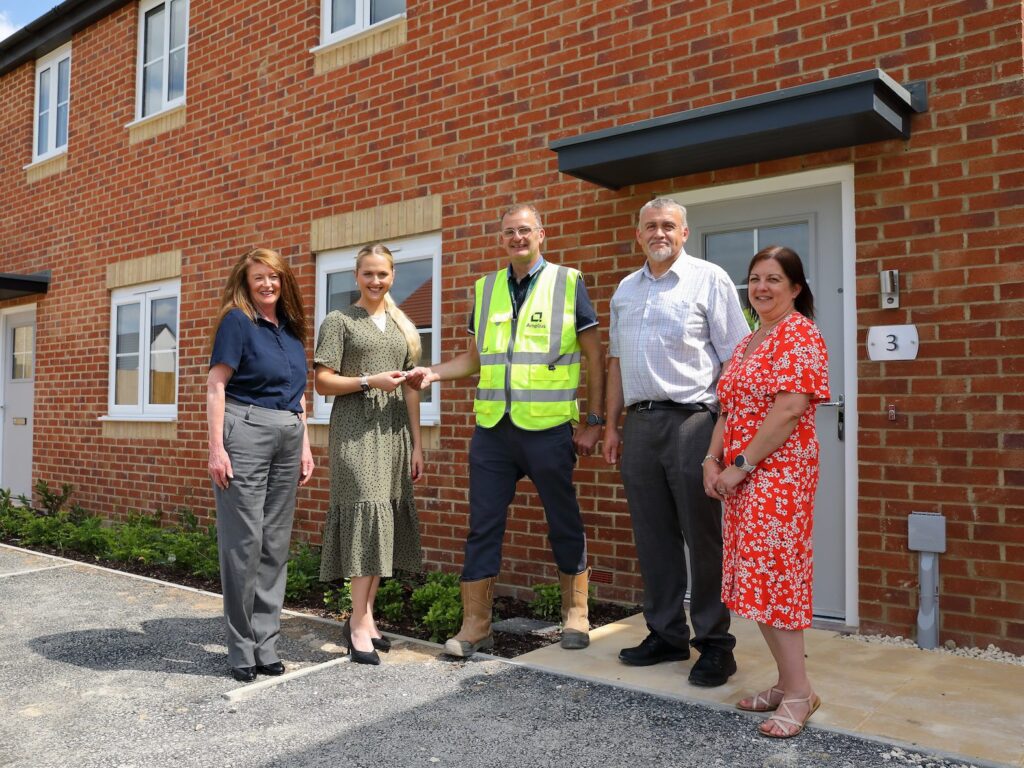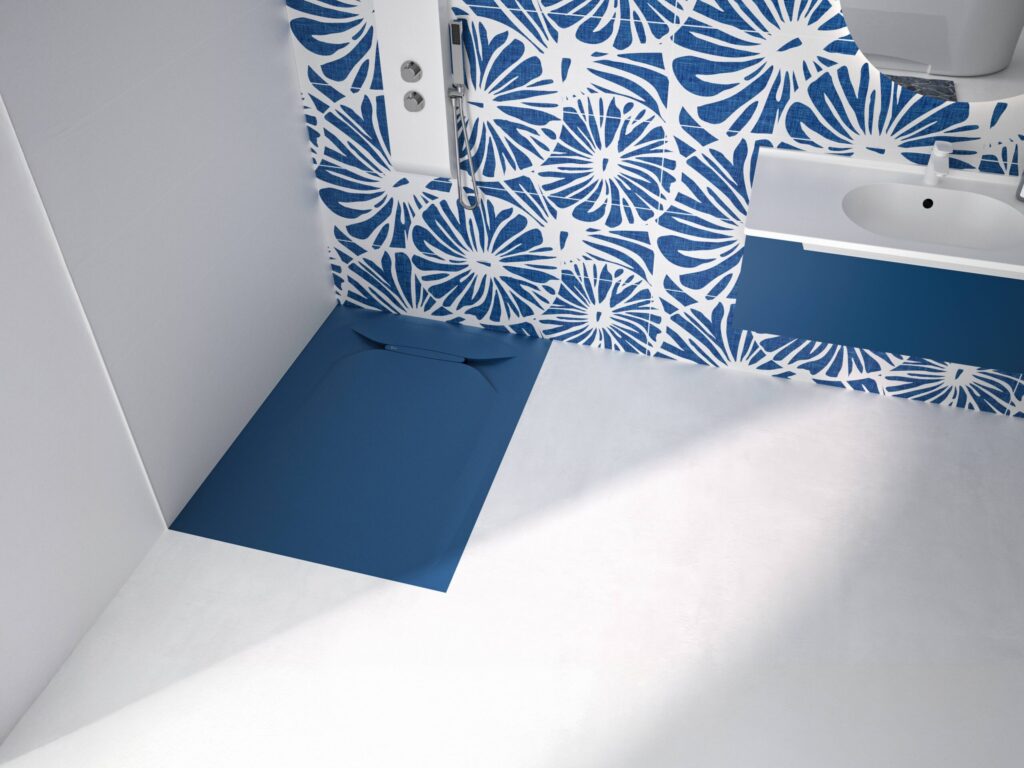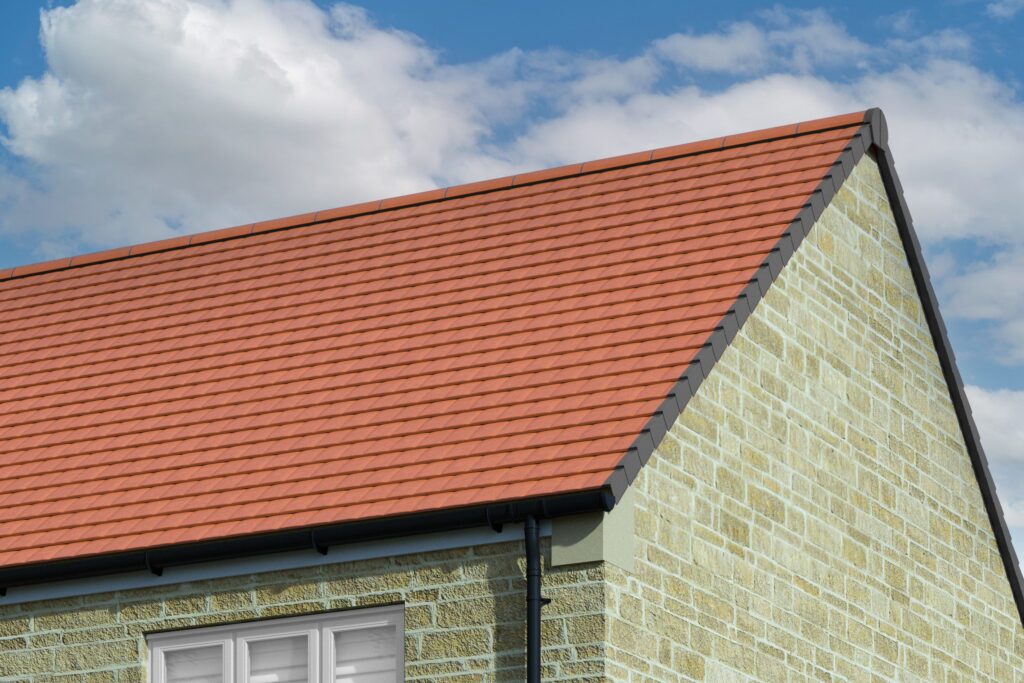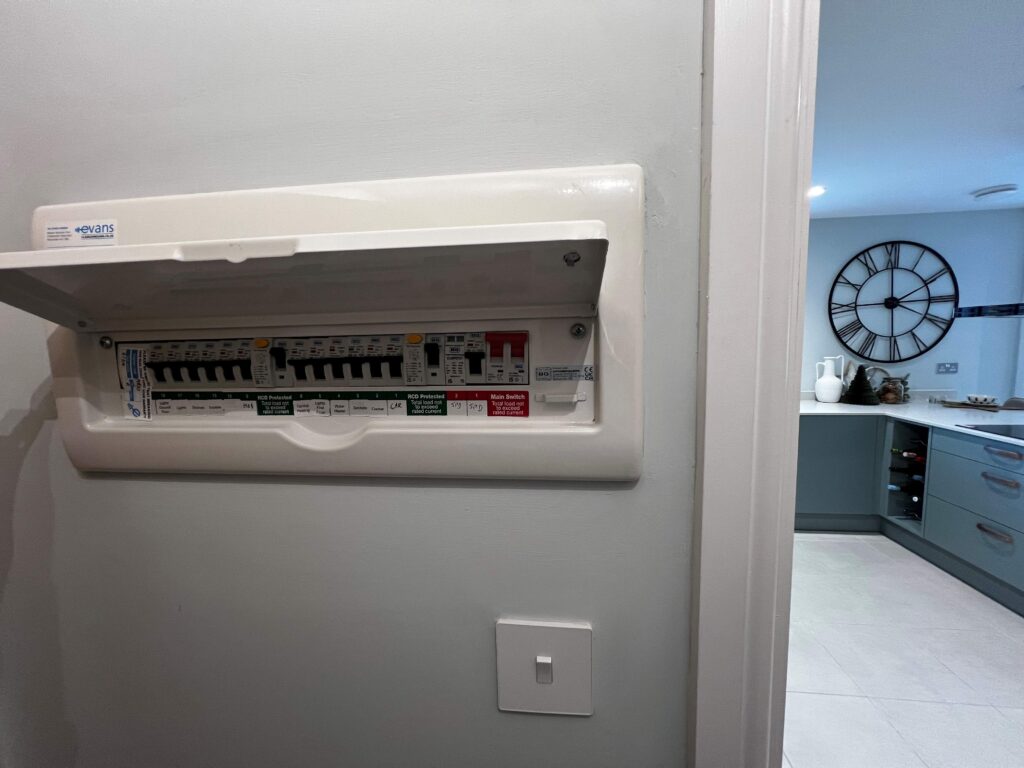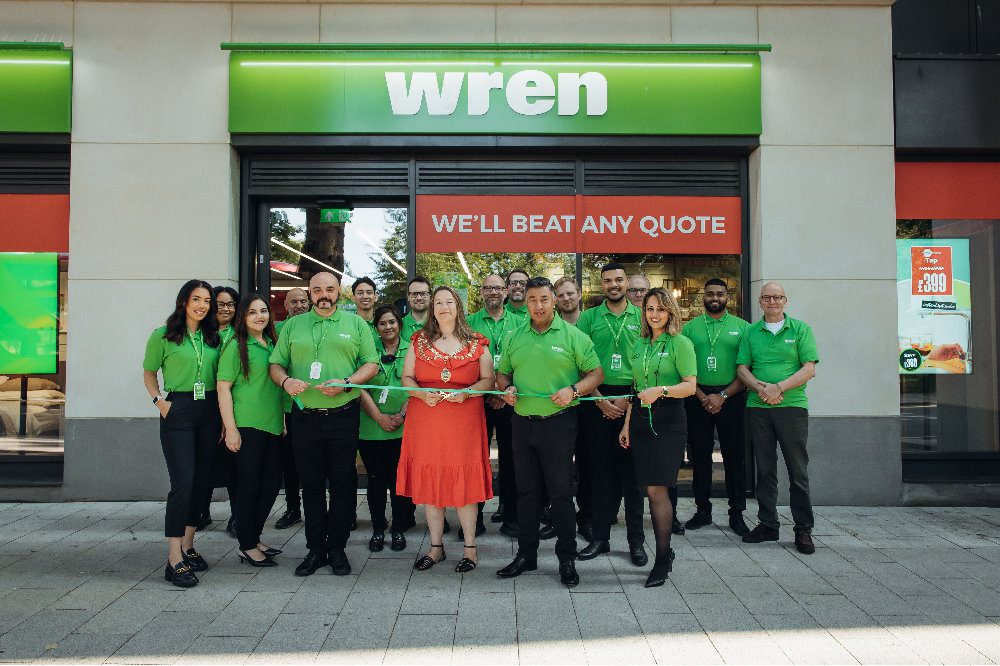Having gained considerable momentum over the past few years, modular construction makes up 60-70% of the offsite manufacturing sector and reduces build times by an impressive 50-60%. At the forefront of offsite approaches, volumetric modular methods have a remarkable impact on reducing costs while increasing quality and safety measures in the construction arena.
Modern methods of construction are making headway following the announcement that the government would adopt a presumption in favour of offsite construction for all public sector building projects.
As offsite construction is rapidly becoming the preferred delivery model, it is important that volumetric modular building technology is considered for all areas of construction. Although housebuilding gains a lot of media and industry attention – modular solutions are also widely used in the healthcare and education sectors.
What are the benefits of modular construction?
Modular building is revolutionising the construction industry. While traditional build processes are laced with pitfalls, hidden costs and are highly disruptive – volumetric modular buildings are easy to plan, budget, and are quick to erect, as most of the work takes place in factory-controlled conditions. Modular technology brings a host of benefits to the construction industry, contributing to healthier, safer and more cost-efficient environments.
- A step forward for productivity in construction, the prefabrication of units leads to shorter build times, which, by extension, leads to net savings of around 7%.
- Each material is selected specifically for its performance characteristics, ensuring it is suited to its industry use in every way.
- The modular industry operates an environmental approach, using sustainable building materials and recycling waste for future projects where possible.
- Components are available in a range of sizes to expand facilities whenever necessary.
- Modular constructions can have unlimited floor space.
- Modular buildings can be customised to blend in with any surrounding – they are designed to be adaptable and meet clients’ specific requirements.
- Interiors can be designed and refurbished to meet exacting requirements, using internal and external finishes.
- Modular construction enables site work and building processes to be completed simultaneously, reducing labour costs.
- Pre-fabrication relieves the constraints of weather dependence, meaning that materials remain in ultimate quality and efficiency is improved.
- Pre-constructed, self-contained units can be easily transported to virtually any location, providing quick solutions for new buildings.
- Modules are designed to withstand long-distance transportation and craning onto foundations, meaning that they are stronger than traditionally constructed buildings.
- Pre-engineered units are transported to construction sites in varying levels of completeness: from empty shells to complete rooms with facilities.
- All facilities can be achieved on a permanent or temporary hire basis. Rental units can also be provided as an interim measure while permanent units are procured.
Meet the Modular Experts at Offsite Expo on Stand B5
As the single recognised voice for promoting and marketing members’ products and services, the Modular and Portable Building Association (MPBA) is a silver sponsor for the inaugural Offsite Expo, taking place on 24-25 September at the Ricoh Arena, Coventry.
Not only will the exhibition host a Buyers and Specifiers Forum for over 100 VIP buyers, a summit representing 28 countries and 100 world-class exhibitions, delegates will also have access to over 40 masterclasses to learn from leading offsite specialists.
Chaired by the MPBA’s Technical Director Andy King, the Modular and Volumetric Sessions will feature insights and guidance from multiple experts, including:
Ben Drake – Associate Structural Engineer, Peter Dann: Ben will provide a structural engineer’s perspective on how to optimise for offsite by implementing DfMA principles during the early stages of planning.
Nick Griffin – General Manager, Portakabin: Nick will talk you through a widely acclaimed case study on Royal Stoke University Hospital. Volumetric modular technology made the build of this 64-bed ward possible in under four months.
Patrick Hayes – Head of Structures and Offsite Construction, Greenwich Scheme: Patrick will be running a case study on the Essential Living Greenwich Scheme, exploring how early engagement with modular suppliers in the building design process improves modular integration.







